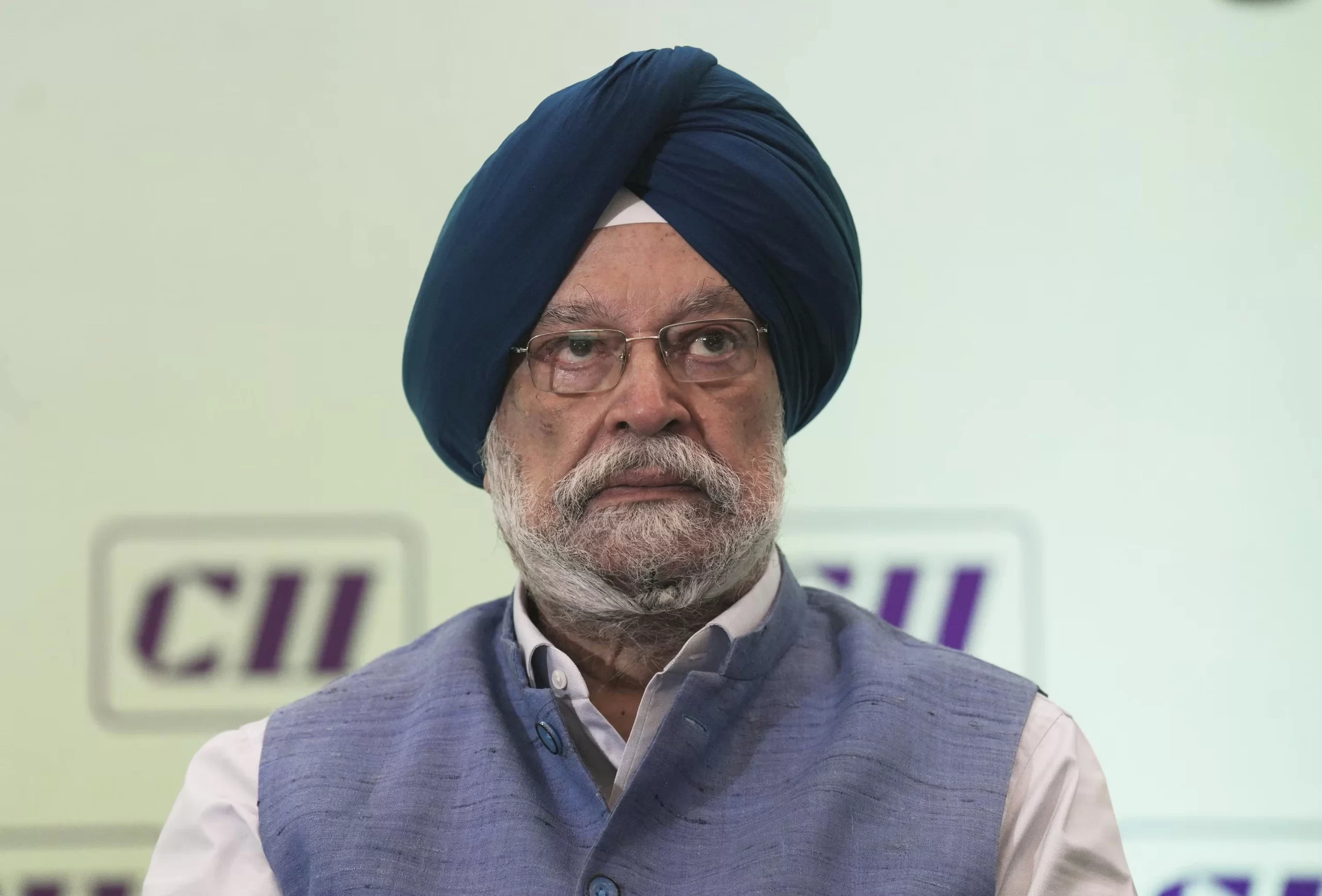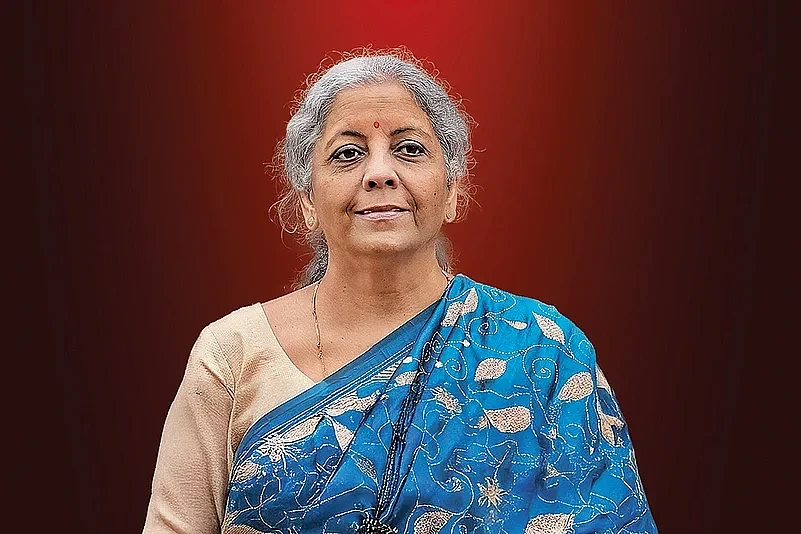18-JUN-2025,06 :30PM In a bold and reassuring statement amid growing global energy concerns, Union Minister for Petroleum and Natural Gas Hardeep Singh Puri declared that there would be no shortage of crude oil for India. His remarks come at a time when geopolitical uncertainties, including tensions in the Middle East and global supply chain challenges, have raised concerns about the future of energy security.
Speaking at a press briefing on energy preparedness and India’s strategy for securing resources, Hardeep Singh emphasized the strength of India’s global partnerships, diversification strategies, and long-term planning to ensure uninterrupted oil supplies.
Hardeep Singh Puri: India Well-Prepared for Global Energy Shocks
Hardeep Singh : India’s Energy Diplomacy on Display
Union Minister Hardeep Singh Puri has consistently positioned himself as a proactive global negotiator when it comes to energy matters. His statement, “There won’t be a dearth of crude oil,” underscores the government’s confidence in its current and future energy security plans. According to Puri, India has taken strong diplomatic steps with oil-producing nations such as Saudi Arabia, the UAE, Russia, and the United States to ensure diversified sourcing.
The Minister also noted that despite global disruptions—including the ongoing Russia-Ukraine conflict and instability in oil-rich regions like the Middle East—India’s crude oil imports have remained stable.
Hardeep Singh : Diversification is Key, Says Hardeep Singh
Hardeep Singh : Strategic Crude Oil Partnerships Around the World
Hardeep Singh stressed the importance of diversification in India’s crude oil sourcing strategy. India, the world’s third-largest importer and consumer of oil, relies heavily on international suppliers to meet its growing energy demands. To mitigate risks, India has expanded its oil import basket beyond traditional suppliers in the Middle East.
Recent years have seen India importing more crude from countries like Brazil, Guyana, and even experimenting with African nations. This approach, Hardeep Singh said, protects India from being overly dependent on any single geopolitical region.
He also reiterated India’s interest in deepening energy relations with countries that offer long-term price stability, transparent markets, and mutual respect in energy diplomacy.
Crude Oil Reserves and Emergency Planning
India’s Strategic Petroleum Reserve (SPR) Program
To further strengthen energy security, Hardeep Singh pointed to India’s Strategic Petroleum Reserve (SPR) program, a government initiative that maintains stockpiles of crude oil in underground caverns. These reserves can be tapped into during major global disruptions, offering a cushion against price shocks or supply outages.
India currently has a capacity of over 5 million metric tons of crude oil reserves stored in locations such as Vishakhapatnam, Mangaluru, and Padur. Hardeep Singh mentioned ongoing discussions about expanding SPR capacity through public-private partnerships and international collaboration.
Hardeep Singh on Oil Prices and Domestic Impact
Global Volatility, But Domestic Stability
One of the most pressing concerns for the Indian population is the effect of global crude oil prices on domestic petrol and diesel prices. While global prices have fluctuated, Hardeep Singh pointed out that the Indian government has taken multiple steps to cushion consumers from severe hikes.
These measures include:
-
Reduction in excise duties on fuel.
-
Targeted subsidies for specific sectors such as agriculture and public transport.
-
Monitoring by oil marketing companies to avoid passing on full price volatility to the consumer.
Hardeep Singh clarified that while market factors do influence retail pricing, the government is committed to shielding citizens from extreme spikes whenever possible.
Push Towards Renewable Energy: Balancing the Future
A Dual Strategy: Oil Security and Green Transition
While asserting India’s oil supply security, Hardeep Singh also spoke about India’s broader vision of transitioning to cleaner energy sources. The government has set ambitious targets for solar, wind, and green hydrogen adoption.
“We are not looking at crude oil as our only future,” said Hardeep Singh. “We are building a hybrid energy economy—one that secures today’s needs and builds tomorrow’s sustainability.”
India aims to generate 50% of its electricity from non-fossil fuel sources by 2030, and significant investments have been made in solar parks, ethanol blending, and EV infrastructure. Puri emphasized that fossil fuels and renewables are not mutually exclusive but complementary in the current global context.
India’s Role in Global Energy Forums
Leadership Through Collaboration
Hardeep Singh also highlighted India’s growing stature in global energy forums such as the International Energy Agency (IEA), OPEC+ discussions, and G20 energy meetings. As chair of several international panels in recent years, India has increasingly voiced the concerns of developing nations around energy access, affordability, and transition equity.
“Our international partners understand that India’s voice is not just for itself, but for the Global South,” said Hardeep Singh, underlining the nation’s push for inclusive and affordable energy transition at the global level.
Opposition Criticism and Government Response
Transparency and Ground Reality
Despite the reassurances from Hardeep Singh, opposition parties and energy analysts have raised questions about the long-term viability of relying on imports and the affordability of fuel for ordinary Indians. Some have accused the government of not doing enough to bring down domestic prices.
In response, Hardeep Singh welcomed open dialogue and transparency. He reiterated that oil pricing and availability are global issues, and India is doing significantly better than many other nations in managing them. He also pointed out that countries like the UK and Germany have seen far steeper increases in energy costs, while India has maintained relative stability.
Conclusion: A Balanced and Confident Approach by Hardeep Singh
Union Minister Hardeep Singh Puri’s confident remarks about the continuity of crude oil supplies are a reflection of India’s proactive energy diplomacy and forward-thinking infrastructure strategy. At a time when the world faces unprecedented energy challenges, India’s combination of diplomatic diversification, emergency reserves, and a steady move towards renewables positions it as a responsible and prepared global energy player.
As Hardeep Singh continues to spearhead India’s energy policies, his balanced approach—grounded in realism, strategy, and transition—offers hope and assurance to citizens and markets alike.
Source : ANI





